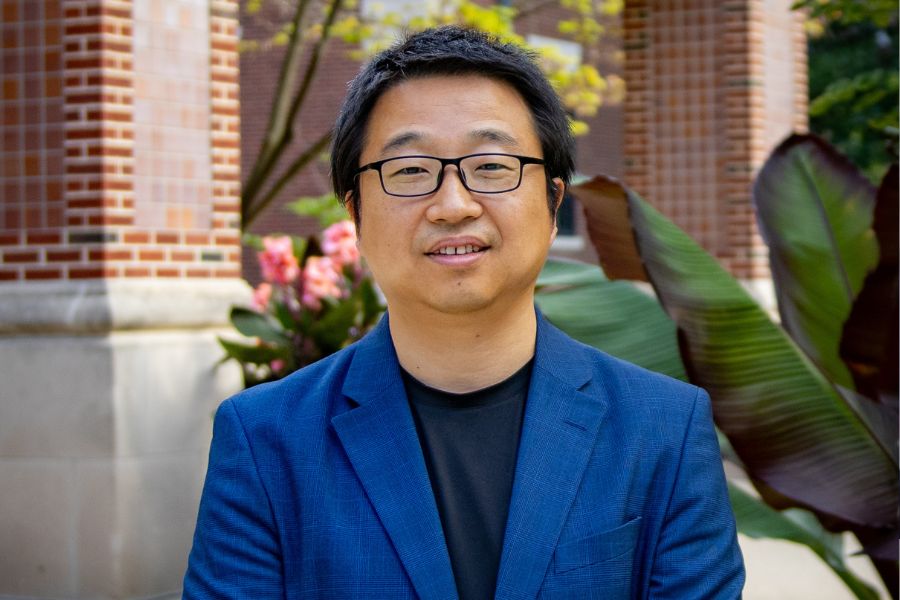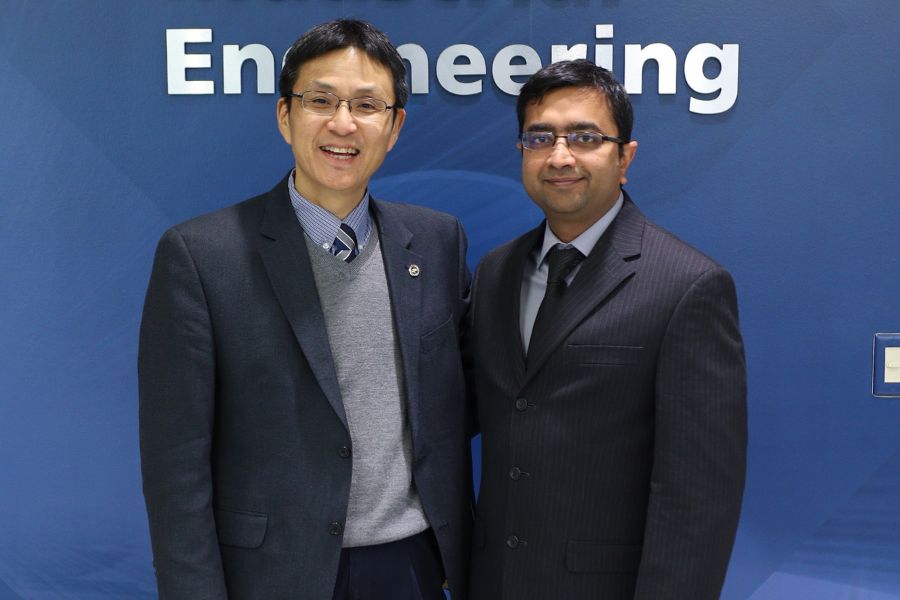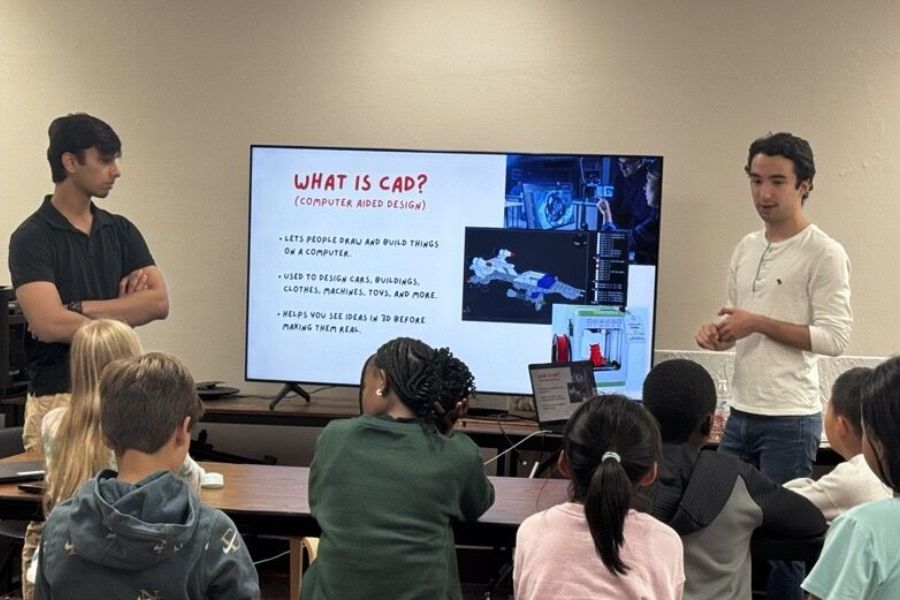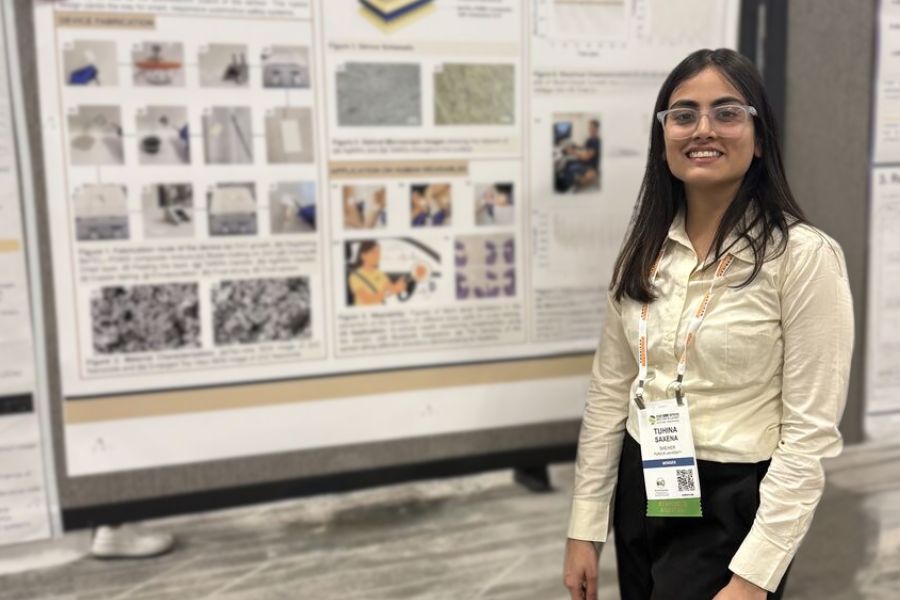"I will always strive to maintain a welcoming environment of excellence."
- Dr. Young-Jun Son, James J. Solberg Head and
Ransburg Professor, Edwardson School of Industrial Engineering
Edwardson School of Industrial Engineering - Purdue University
Skip to main content
Search
Loading









